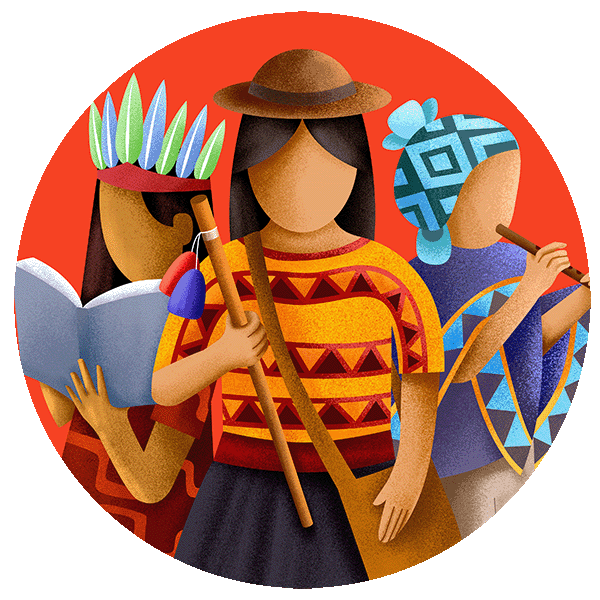
WCIP: Les Malazer Outlines the Next Steps Initiated by the WCIP Outcome Document
In terms of the next steps for Indigenous Peoples, Les Malazer highlights that the outcome document contains many actions which are easy to look at and discuss how they might be implemented.
WCIP: Les Malazer on Items and Actions Dropped from WCIP Outcome Document
Les Malazer discusses the process for deciding items and actions to be included in the outcome document from the WCIP.
WCIP: Les Malazer Explains Canada's Issues with FPIC
Les Malazer discusses the situation in Canada and how they need to adjust by supporting the principle of free, prior and informed consent.
WCIP: Les Malazer on FPIC's Relevance in the Totality of the WCIP Outcome Document
Les Malazer describes how the outcome document from the WCIP sets out actions to be taken by the United Nations and Member States, always with the involvement and the free, prior and informed consent of Indigenous Peoples. He encourages Indigenous groups to see how they can engage with States using this document.
WCIP: Les Malazer on His Wish to Cut Back on the States Only Processes at the WCIP
“Nothing about us without us.” Les Malazer talks about how this meeting clearly demonstrated that Indigenous groups can work well with States. Although, he was disappointed with the fact that the drafting of the document continued into the States-only process.
WCIP: Les Malazer on the Importance of Indigenous Involvement in the Alta, Norway Negotiations Document
Over 400 Indigenous Peoples came together in Alta, Norway to draft a document which was given to the United Nations. This document was heavily relied on in the negotiations and formed the basis of the outcome document from the WCIP.
WCIP Interview with Mililani Trask 01
Mililani Trask frankly states that there is not much work which can be done in the 2 days of discussions which make up the WCIP. She is not surprised by the lack of funding and the limitations on which issues can be discussed, but describes the resulting meeting as a betrayal because the WCIP was meant to bring people together to discuss many issues facing Indigenous Peoples and address how to move forward.
WCIP: Alexey Tsykarev on the State of Indigenous Rights in Russia
Alexey Tsykarev discusses the situation in Russia for Indigenous Peoples. Even though Russia abstained from voting for the UN Declaration on the Rights of Indigenous Peoples in 2007, many of the articles in the Declaration exist in Russian legislation, however, the implementation at the federal, regional and local level is still a problem.
John Scott on Biodiversity at UNPFII 2015
John Scott highlights the importance of using processes established by Indigenous communities when gaining free, prior and informed consent for activities which will take place on their lands. He also talks about the importance of including traditional knowledge of Indigenous Peoples at the UN Permanent Forum.
Vicky Tauli-Corpuz at UNPFII 2015
Vicky Tauli-Corpuz talks about the importance of Indigenous Peoples using the range of international instruments and mechanisms in place, to pressure their governments to implement changes.
